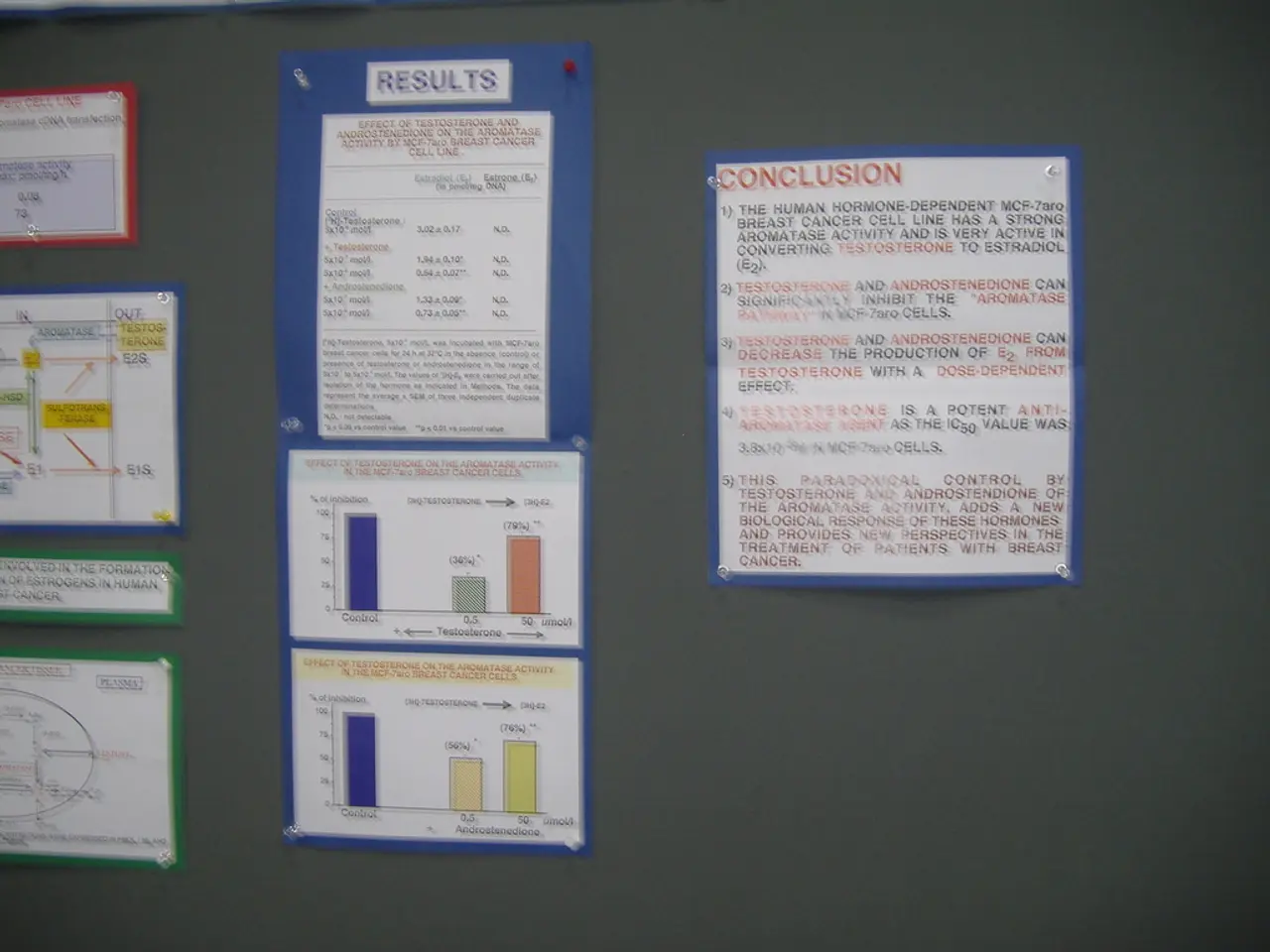Federal authorities hold discussions with various departments on the execution of the 2025 budget plan
In a bid to enhance economic stability amidst ongoing protests in late August 2025, the Minister of Finance and Coordinating Minister for Economic Affairs, Airlangga Hartarto, addressed the nation. The focus of his speech was the implementation of a new cash management policy in Nigeria.
The policy, designed by the Office of the Accountant-General of the Federation (OAGF), aims to provide rules and guidelines for the conduct of government agencies for the planning and management of cash resources. This, in turn, is expected to facilitate effective service delivery, particularly in a developing economy where efficient cash management is considered crucial for meaningful development.
On Wednesday, the OAGF held a stakeholders' engagement to discuss the transition from the 2024 budget to the 2025 budget. The Director of Funds, OAGF, Mr Steve Ehikhamenor, stated that all 2024 financial commitments of the Ministries, Departments, and Agencies (MDAs) were transferred to 2025 due to the extension of the 2024 capital budget into 2025.
The total amount of capital transferred from 2024 (N10.5 trillion) was automatically added to the 2025 capital budget, leading to an increase in funding requirement for the capital budget implementation.
The Accountant-General of the Federation, Mr Shamseldeen Ogunjimi, announced the implementation of a cash management and bottom-up cash planning policy for the execution of the 2025 Capital Budget. He urged all stakeholders to comply with relevant provisions of the Public Procurement Act 2007, Fiscal Responsibility Act 2007, and other regulations to avoid disregarding extant laws and regulations in the award and execution of capital budget.
In a significant move, the Accountant-General also announced that warrants will be issued to MDAs prior to legal commitment for the award of contracts or processing of payments. No letter of award or contract can be signed without the corresponding warrant being duly released.
The policy is designed to provide strategies for cash flow planning and management, ensuring immediate payment to end-beneficiaries and value for money in public expenditure. A key feature of the policy is the bottom-up approach, aiming to make the system of payments more rigorous, transparent, and accountable.
Payment will go straight from the government to the person who provided services to the government, a move that is expected to streamline the process and reduce opportunities for corruption.
However, concerns have been raised about some MDAs awarding contracts based on budgetary provisions without adhering to external laws and regulations. Despite these concerns, no new facts were mentioned about this issue in the recent engagement.
The Minister of Finance and Coordinating Minister of the Economy, Mr Wale Edun, stated that the purpose of the policy is to ensure that the government spends what it has earned. He emphasised the need for transparency and accountability in the management of public funds.
This article does not mention any facts related to the Senate seeking improved budgetary provision for the SEC or any facts about the prevalence of non-realisation of targeted revenue or failure to remit revenue generated to the treasury.
Read also:
- chaos unveiled on Clowning Street: week 63's antics from 'Two-Tier Keir' and his chaotic Labour Circus
- Skechers Debuts First American Stores Focused on Athletic Footwear Performance
- Budget discrepancy jeopardizes highway projects' financial support
- Racing ahead in Renewable Energy Dominance: Changzhou, Jiangsu Pushes for Worldwide Renewable Energy Ascendancy




